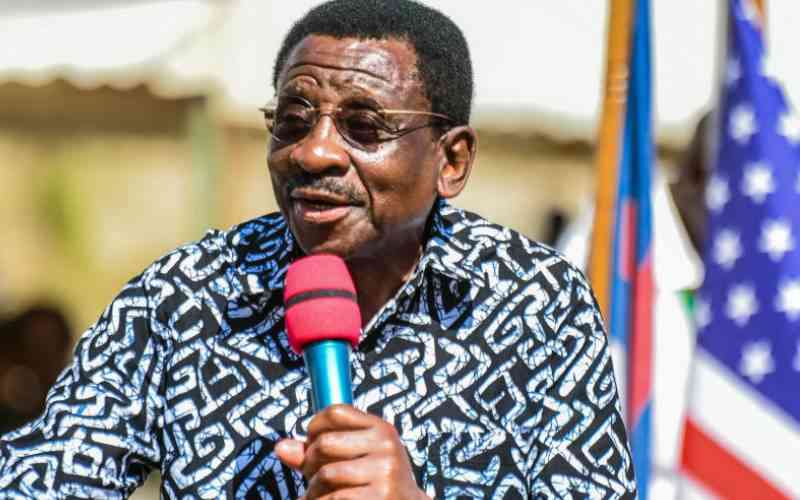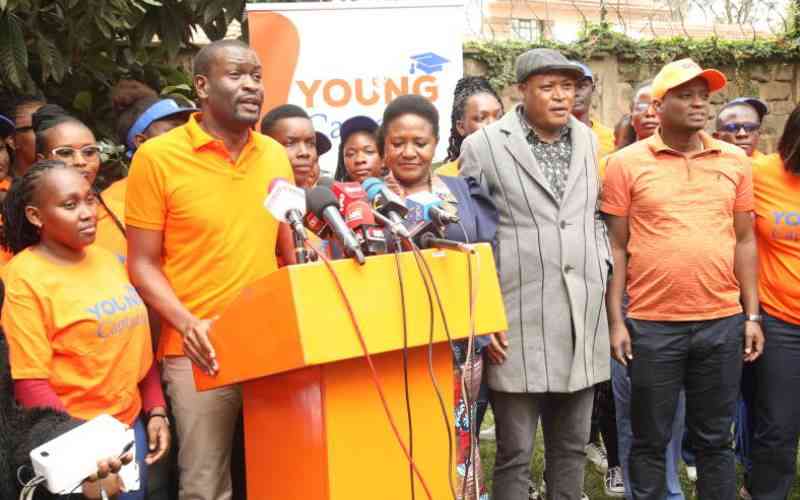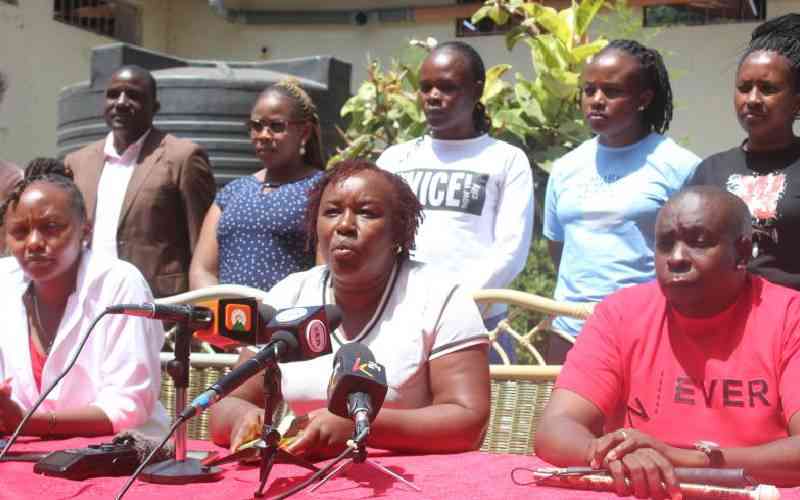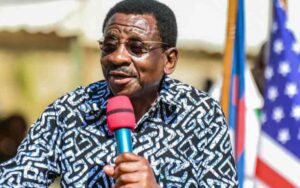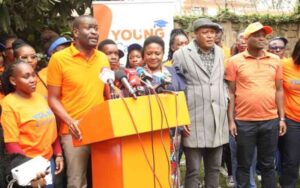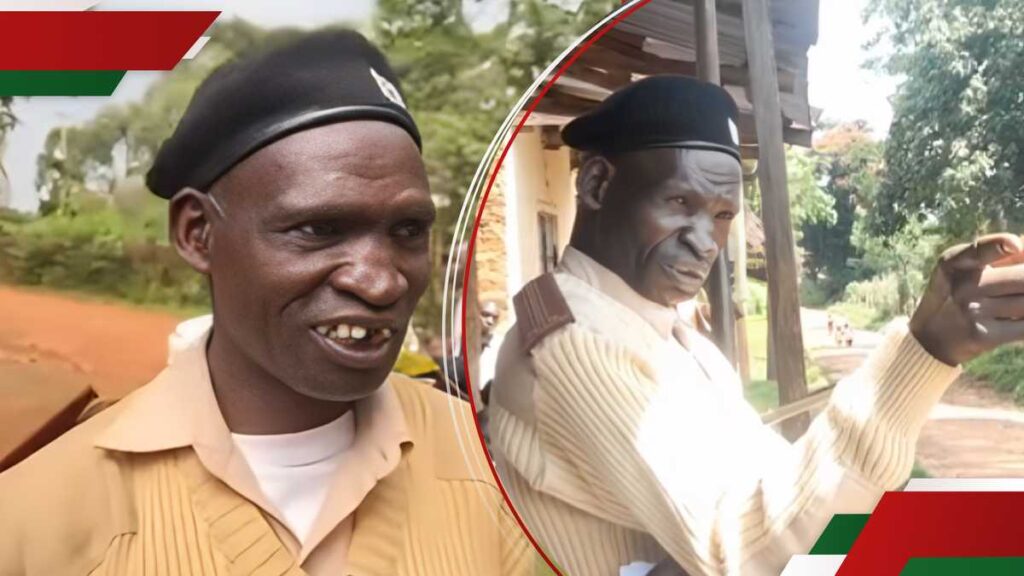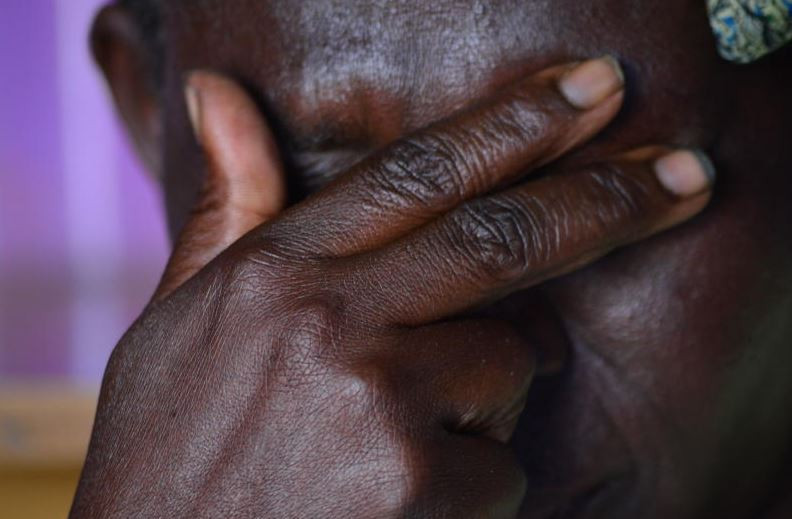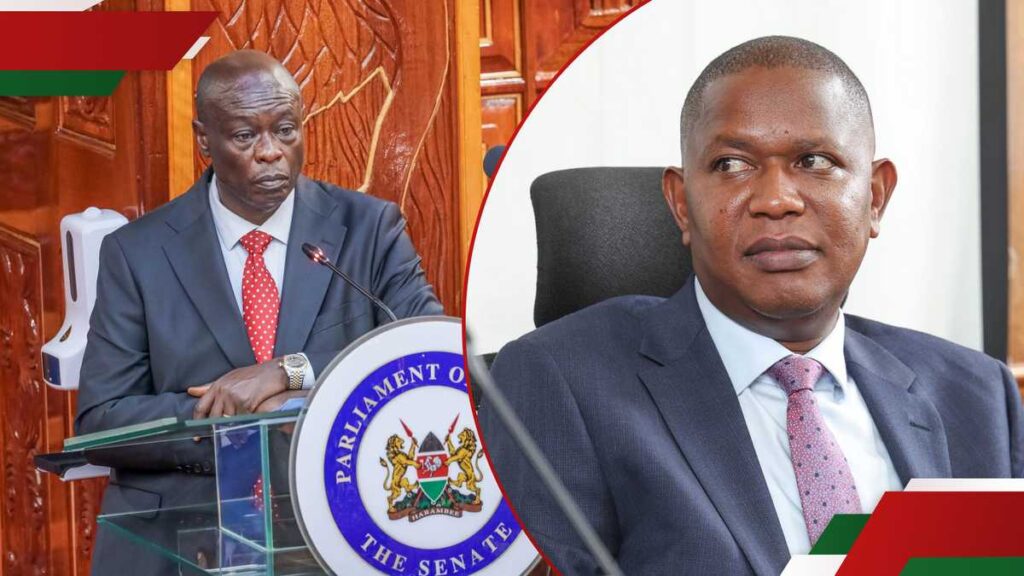A section of Kenya Union of Post Primary Teachers (Kuppet) members are calling for the enactment of the constitutional amendments by the National Delegates Conference held in Vihiga County last year.
At the heart of the proposed changes are efforts to address historical disparities in gender, youth, and disability representation, as well as regional imbalances in leadership.
This comes after a section of other members moved to court to block the adoption of the changes in alleging that the process lacked transparency and inclusivity.
This has sparked debate, exposing deep divisions in Kuppet over inclusivity, representation, and governance.
A section of Kuppet members argue that the amendments are long overdue, while critics claim some of the provisions as undemocratic.
Kuppet members drawn from across the country defended the proposals during recent deliberations with Wambui Wanjiku, a teacher in Nairobi, saying this will give room for more representation.
“Out of 10 national officials, only one is a woman. That is why we are introducing positions like deputy national secretaries for gender and ensuring representation for persons with disabilities. These groups have been overlooked for far too long,” said Wanjiku.
The amendments propose the creation of four new positions on the National Executive Board, reserved for women, youth, people living with disabilities, and junior secondary school teachers.
“This is about giving power back to the members. We need a union that truly represents all teachers—not just the powerful few,” said Wanjiru.
Geoffrey Wachira, a teacher, said that the union ought to have diverse representation to help them secure the benefits including those for special needs.
Kuppet National Treasurer Njenga Mwethi urged members to support the proposed changes saying they aim to address critical issues including gender representation and inclusion of persons with disabilities among others.
The two groups, he said, have been overlooked in the current constitution.
Mwethi pointed out that the existing constitution adopted in 2010 does not adequately address the gender rule, citing the limited representation of women in the union’s national leadership.
“Out of 10 national officials, only one is a woman. That is why we are introducing such positions as that of the deputy and ensuring seats for persons with disabilities,” he said.
Stay informed. Subscribe to our newsletter
Another critical issue is the imbalance in regional representation within Kuppet’s leadership structure.
Under the current system, delegates are allocated per county, irrespective of membership size. Teachers from populous regions like North Eastern and Coast feel sidelined.
“This new system will empower all teachers, even those from marginalized areas, to have a say in critical union decisions like electing national officials,” added Wachira.
The proposed proportional representation system would base delegate allocation on membership size. Leah Wanjiru, a teacher from Kiambu, explained:
“Counties like ours, with 6,000 members, will now send 60 delegates instead of being limited by geographical boundaries. It’s a fairer approach that reflects the union’s true diversity,” said Wanjiru.
Despite the merits highlighted by proponents, the amendments have faced stiff resistance. Acting Registrar of Trade Unions, Ann Kanake, on January 6, 2025, declined to approve the changes, citing procedural and substantive issues.
She particularly cited Article 13.0(a) (vii) of the Kuppet constitution, which she said is against Section 34(2)(a) of the Labour Relations Act.
“As much as the Registrar acknowledges the presented application for amendment of the union’s constitution, it is right for the Registrar to also consider other attendant issues,” she said.
“The objections and issues so far raised are too numerous for the Registrar to ignore.”
Kanake urged Kuppet’s leadership to address the objections raised by dissenting members before submitting the amendments for consideration.
“Notices of motion to amend the constitution were not circulated to all branches as required,” one petitioner wrote.
Others claimed the amendments were adopted by acclamation instead of a secret ballot, denying members their right to a fair vote.




